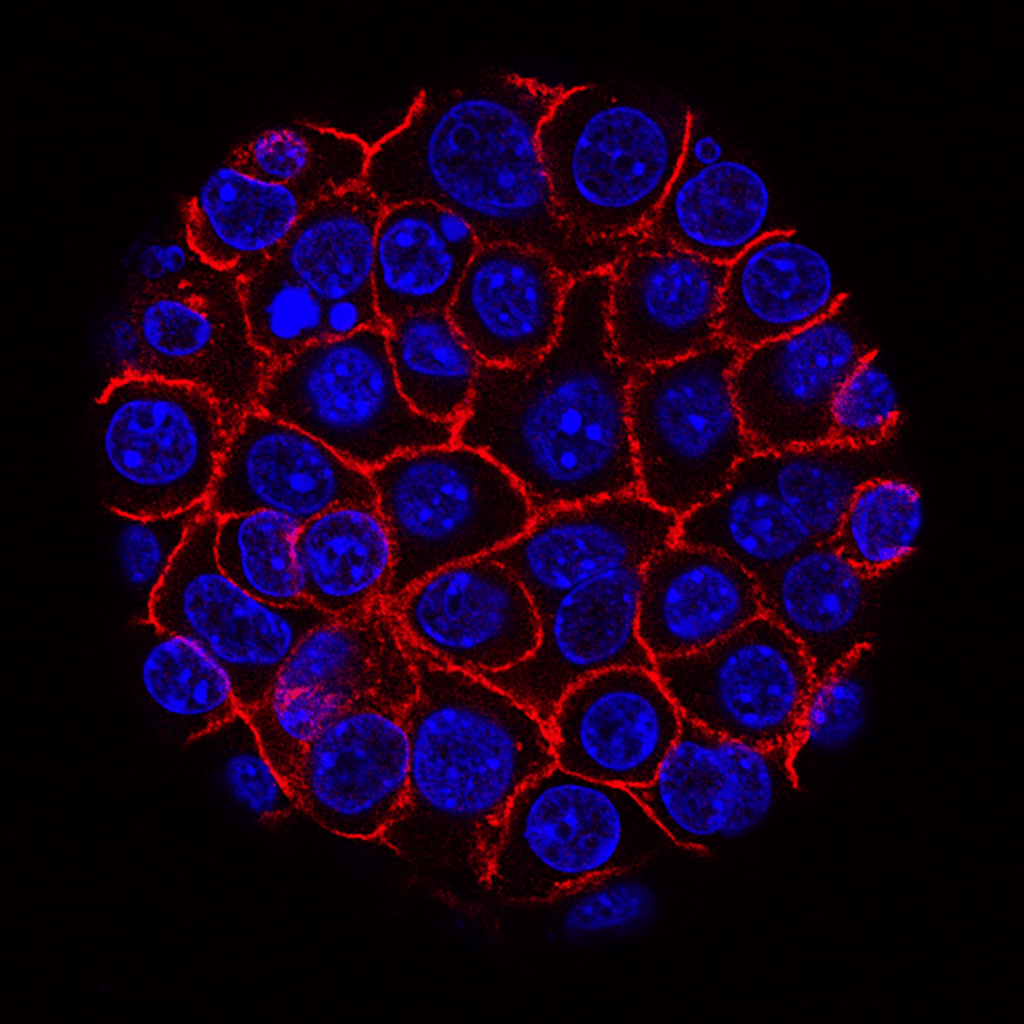Scientists at Houston Methodist Research Institute have developed an implantable device that delivers immunotherapy directly to pancreatic tumors. In a study published in Advanced Science, researchers used the nanofluidic drug-eluting seed (NDES) device to deliver CD40 monoclonal antibodies (mAb), a promising immunotherapeutic agent, to murine models. The NDES device, smaller than a grain of rice, delivered a sustained low dose of immunotherapy, resulting in a fourfold reduction in tumor size compared to traditional systemic immunotherapy treatment.

The NDES device consists of a stainless-steel drug reservoir containing nanochannels that create a membrane, allowing for sustained diffusion when the drug is released. The delivery of the immunotherapy directly into the tumor allows for a more focused therapy with fewer side effects, leading to a better quality of life for patients undergoing treatment. One animal model remained tumor-free for 100 days of continuous observation, and the technology is being studied in a similar capacity on the International Space Station.
Pancreatic ductal adenocarcinoma is frequently diagnosed at advanced stages, with about 85% of patients already having the metastatic disease at diagnosis. Houston Methodist researchers are studying the effectiveness and safety of this delivery technology, hoping to see it become a viable option for cancer patients within the next five years. The researchers are also conducting additional lab research to determine the long-term effectiveness and safety of the NDES device, which is intended for long-term controlled and sustained release, avoiding repeated systemic treatment that often leads to adverse side effects.
References
- Houston Methodist. (2023, April 13). IMPLANTABLE DEVICE SHRINKS PANCREATIC TUMORS. Houston Methodist; Houston Methodist. https://www.houstonmethodist.org/newsroom/implantable-device-shrinks-pancreatic-tumors/
- Liu, H., Davila Gonzalez, D., Viswanath, D. I., Vander Pol, R. S., Saunders, S. Z., Di Trani, N., Xu, Y., Zheng, J., Chen, S., Chua, C. Y. X., & Grattoni, A. (2023). Sustained intratumoral administration of agonist cd40 antibody overcomes immunosuppressive tumor microenvironment in pancreatic cancer. Advanced Science, 10(9), 2206873. https://doi.org/10.1002/advs.202206873











